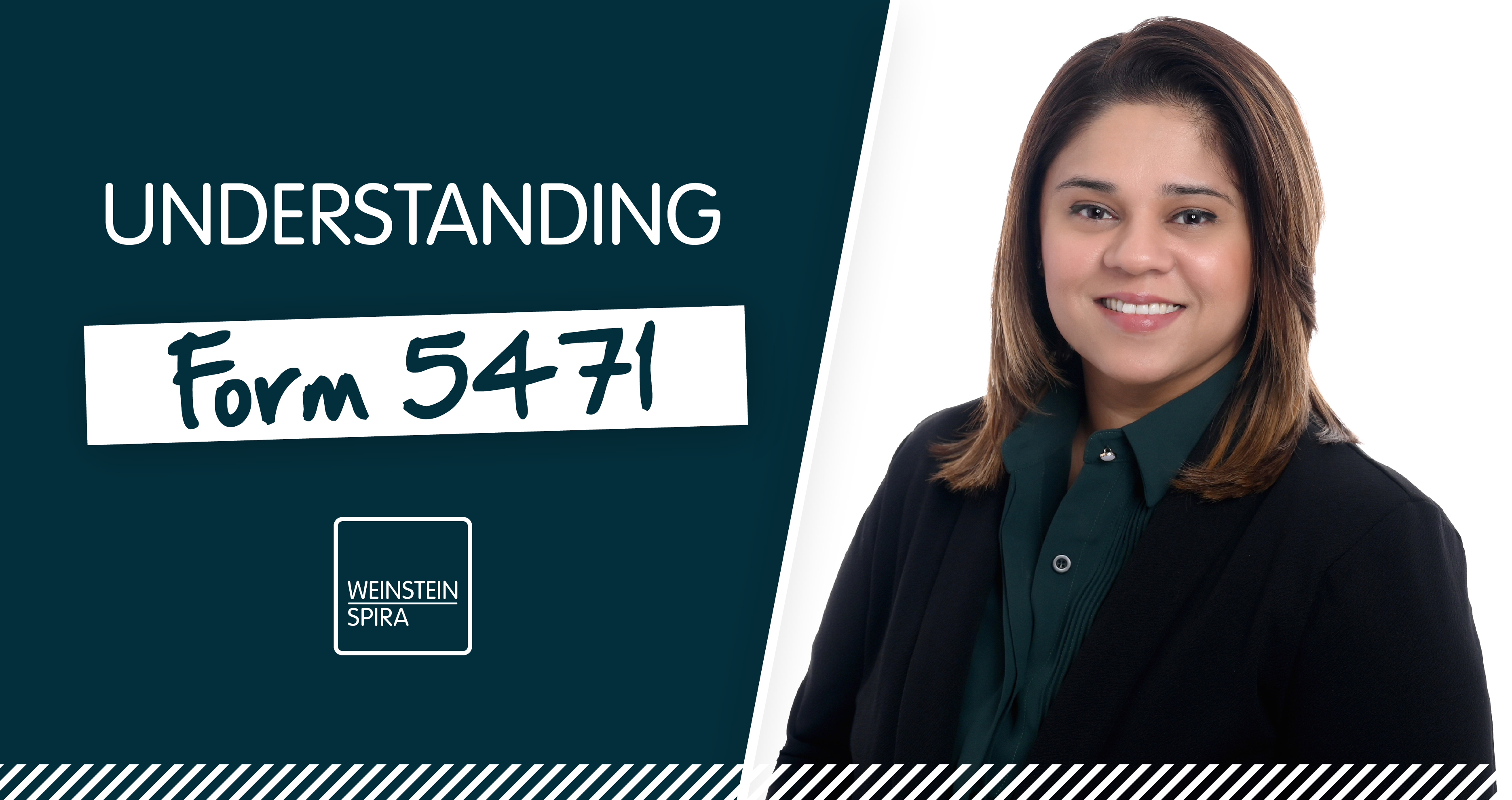With the growing prevalence of globalization, an increasing number of U.S. business owners are expanding their operations into international markets. While this expansion unlocks significant opportunities, it also brings forth intricate tax compliance obligations. Among these is the requirement to file Form 5471, Information Return of U.S. Persons With Respect To Certain Foreign Corporations. This critical reporting document is for U.S. persons with specific ownership or controlling interests in foreign corporations. This article offers an overview of Form 5471, its filing prerequisites, and key considerations for business leaders navigating this complex regulatory landscape.
Form 5471 is a mandatory informational tax form submitted to the Internal Revenue Service (IRS) by U.S. persons, whether individuals or entities, holding substantial ownership or control in specific foreign corporations. This requirement is part of the U.S. government’s broader initiative to monitor international income streams and enforce adherence to global tax compliance standards.
Key Definitions:
- Controlled Foreign Corporation (CFC): As defined under IRC Section 957(a), a CFC is a foreign corporation in which U.S. shareholders collectively own more than 50% of the total voting power of total value of the corporation’s stock at any time during the corporation’s taxable year.
- U.S. Shareholder: A U.S. person (individual, corporation, partnership, trust or estate) who owns (directly, indirectly or constructively) at least 10% of the total voting power or value of foreign corporation’s stock.
Who Must File Form 5471?
Not every business owner with international ties is required to file Form 5471. However, specific categories of filers must comply:
- Category 1: U.S. shareholders of a foreign corporation that is a Controlled Foreign Corporation (CFC) during the tax year.
- Category 2: U.S. persons who are directors or officers of foreign corporations where a U.S. person acquires 10% or more of the corporation’s stocks.
- Category 3: U.S. persons acquiring or disposing of stock in a foreign corporation to the extent it results in a 10% or greater ownership change.
- Category 4: U.S. persons who control a foreign corporation (generally owning more than 50% of the total voting power or stock value).
- Category 5: U.S. shareholders of a CFC, defined as a foreign corporation where more than 50% of stock is owned by U.S. shareholders.
Note: It is possible to fall into multiple categories, which may affect the specific information required.
Dormant (Inactive) Foreign Corporations
A dormant foreign corporation, while inactive, may still trigger Form 5471 filling requirements under certain circumstances. The IRS does not exempt dormant corporations from reporting obligations solely due to inactivity. However, the IRS provides relief through Revenue Procedure 92-70, which allows reduced reporting for certain dormant foreign corporations if all the following criteria are met at all times during the foreign corporation’s annual accounting period:
- No business was conducted.
- No shares were sold.
- No assets were sold.
- No more than USD 5,000 of gross income.
- No more than USD 5,000 of gross expenses.
- The value of corporation assets did not exceed USD 100,000.
- No distributions were made.
- No current accumulated earnings.
Proper evaluations and adherence to these provisions are essential to ensure compliance and avoid penalties.
When is The Due Date?
The due date to file Form 5471 is typically April 15th for individuals and March 15th for corporations unless an extension is granted. This form must be filed as part of the tax filer’s annual tax return.
Penalties
Non-compliance with Form 5471 filing obligations, including failure to file or submission of erroneous information, can incur severe financial penalties, frequently exceeding USD 10,000 per infraction. These penalties can increase up to USD 50,000 if the IRS sends a notice of failure to file and the form remains unfiled for more than 90 days.
Therefore, it is imperative for business owners to thoroughly understand and meet these regulatory requirements.
Final Thoughts
Form 5471 filling requirements are complex, but they are crucial for U.S. business owners with international operations. Staying informed and maintaining accurate records are essential to meeting your obligations, avoiding significant penalties and executing effective tax planning for long-term success.



